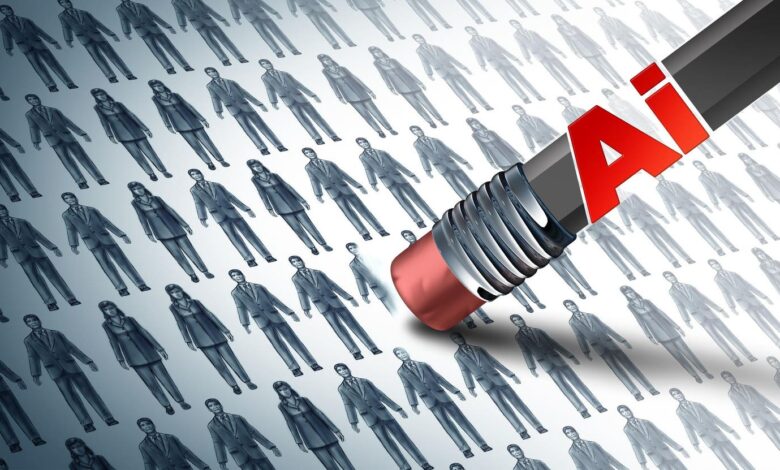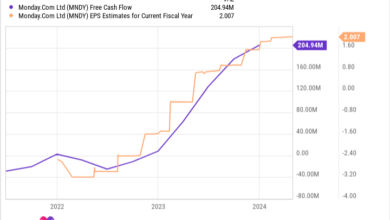Will Artificial Intelligence Diminish Our Humanity?

Will the advancements in AI supersede parts of our humanity?
Last week, OpenAI introduced GPT-4o, the newest version of its AI chatbot.
One of the things they showed was being able to have an actual conversation with a female-voiced chatbot and even interrupt her at will to tighten the prompt question. The demo also showed that this chatbot had a personality and a playful side.
In the GPT-4o demo, OpenAI’s Chief Technology Officer, Mira Murati, and colleagues showed how the new version speaks, understands, and expresses emotions. Watching the demo made it easy to think one was talking to a natural person. The female chatbot was lifelike. Ms. Murati then asked it to analyze what it was looking at.
In the video, a person pointed the phone’s camera at a screen displaying computer code and had GPT-4o describe the code and what it can do. In another example, one member of the team asked the chatbot to help him with a math problem and GPT-4o gave him the steps to answer the question. Using a pleasing and conversational voice that spoke deliberately and patiently, it was more like interacting with a tutor.
This conversational chatbot reminds me of a 2013 movie called Her, in which Joaquin Phoenix’s character develops a relationship with a female chat agent, voiced by Scarlett Johansson. In the movie, Mr. Phoenix’s character develops a relationship with what today we call a chatbot and experiences feelings and a distinct attachment to this robot character.
One day after OpenAI showed GPT-4o, Google announced its newest Gemini AI Chatbot version. In a keynote presentation at Google I/O, their developer conference held in Mountain View, CA., Google’s VP and head of Search, Liz Reid announced an AI overview that they describe as, “Whatever’s on your mind, whatever you need to get done, just ask and Google will do the Googling for you.”
In one demo, a Google executive used her phone to video a record player arm skipping. Then, she asked Google’s Gemini AI, “Why will it not stay in place?” Gemini AI explained that the arm was not balanced and thus would not stay in place.
In another demo, a Google employee scanned a room with her phone and said, “Tell me when you see something that makes a sound” and she then heard, “I see a speaker that hears a sound.”
Another one that hit home for me was a demo in which Gemini AI was asked, “Where did I put my glasses?” She got the answer from her phone, which had recorded her movement in the room and told her where to find them.
Google is also integrating its Gemini AI into its other products, including Google Photos. For example, Google Photos can now tell you your license plate number if it has a picture of your plate. It can also help evaluate how your kids are doing with their swimming lessons based on photos and videos of your child in pools, lakes, and ocean waters.
I encourage you to view the videos of OpenAI’s GPT-4o and Google’s Gemini, which give more details on what both companies announced and which I believe will have major ramifications for our future.
While I was impressed with the advancements OpenAI and Google have made, especially how Google’s Gemini will become their new search engine, I was also somewhat saddened at what I saw in their presentations.
Both companies are developing advanced tools that have the potential to greatly enhance our lives. However, it should be noted that these tools may also have a profound impact on our humanity.
The intersection of human and AI interaction is not merely a frontier of technological innovation but a pivotal juncture redefining our relationships and productivity paradigms. As AI integrates deeper into our personal and professional lives, its influence extends beyond efficiency gains, encroaching upon the essence of human experience. This integration challenges traditional notions of creativity, empathy, and interpersonal connections, areas that were once believed to be exclusively human domains.
The shift in the human-AI paradigm makes us rely more on these AI tools to do almost everything for us. “Doing” is the essence of what makes us human. Rather than relying on robotic AI service agents to handle tasks for us, our humanity is best expressed through learning and directly experiencing the world around us. Our emotions and connections with others are fundamental aspects of this experience.
Yes, this evolution also presents an unparalleled opportunity to augment our capabilities, enabling us to achieve higher productivity levels while fostering a new symbiosis between human intuition and artificial intelligence. The key lies in navigating this delicate balance without diminishing the intrinsic values that define our humanity.
Keeping that balance may be one of our most significant challenges in the era of AI, which could encroach on our humanity if we are not truly careful.



